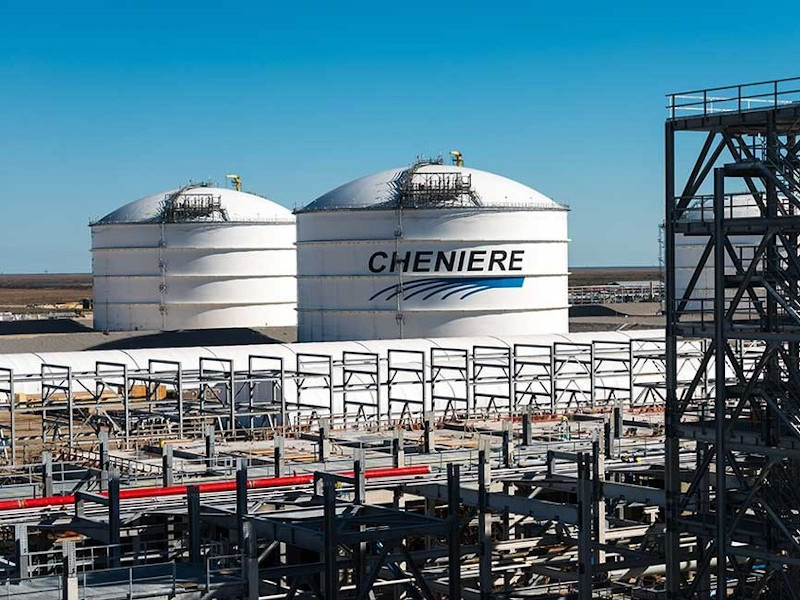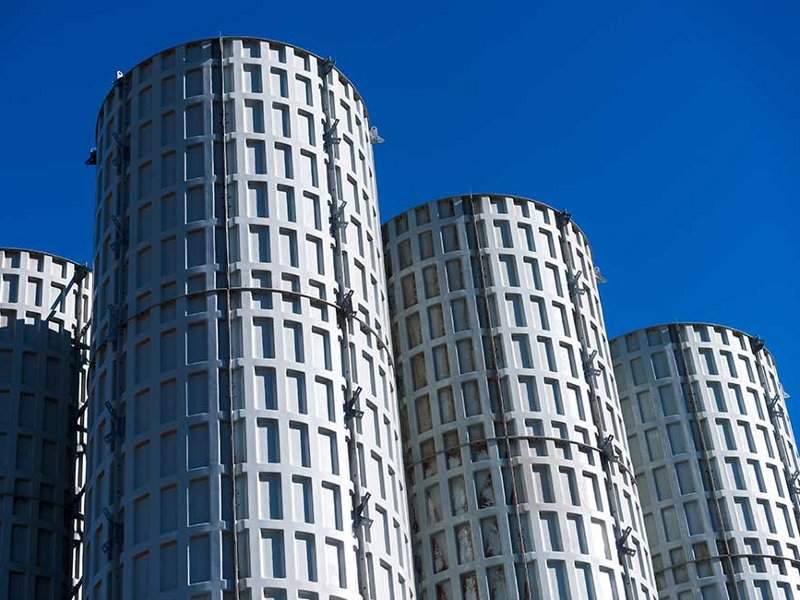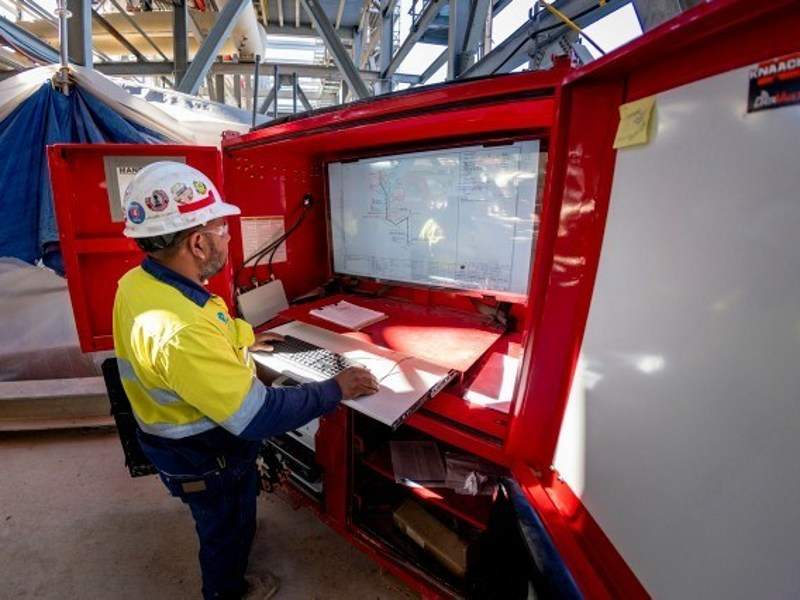The Corpus Christi LNG export terminal in Texas, US, is operated by Corpus Christi Liquefaction, a subsidiary of Cheniere Energy.
The project is being developed in three stages for a total LNG export capacity of 23.5 million tonnes per annum (Mtpa).
Stage one included two LNG trains of 4.5Mtpa of liquefaction capacity each that commenced operation in November 2018 and August 2019 respectively.
Another 4.5Mtpa LNG train is under construction in stage two which is scheduled for commissioning in the first half of 2021.
Project Gallery
-

The Corpus Christi LNG export terminal is operated by Cheniere Energy. Image courtesy of Bechtel
-

Cheniere Energy’s Corpus Christi LNG export terminal is located in Texas, US. Image courtesy of Bechtel.
-

The Corpus Christi LNG export terminal commenced operation in November 2018. Image courtesy of PR Newswire Association.
The total investment on the first two stages of 13.5Mtpa combined capacity is estimated to be £11.5bn ($15bn).
Stage three will further add seven mid-scale LNG trains of 10Mtpa total capacity by 2024.
Corpus Christi LNG location and site details
The Corpus Christi LNG export terminal is being developed on a 1,000ha site on the La Quinta Channel to the north-east of the Corpus Christi Bay in San Patricio County, Texas.
The project site was earlier permitted for the development of a regasification terminal, but later allotted for the construction of Corpus Christi LNG export terminal.
Corpus Christi LNG project development history
Cheniere Energy submitted development application for the Corpus Christi LNG project to the US Federal Energy Regulatory Commission (FERC) in August 2012. It received FERC approval for the first three LNG trains in December 2014.
Cheniere Energy announced the final investment decision (FID) on the first two LNG trains in May 2015 and started construction in the same month. The FID on the third LNG train was announced in May 2018.
Cheniere Energy received FERC approval for the stage three development of the LNG project in November 2019.
Facility details of Corpus Christi LNG stages one and stage two
The Corpus Christi natural gas liquefaction and export terminal will comprise three 4.5Mmtpa liquefaction units, three LNG storage tanks of more than 10 billion cubic feet (bcf) of combined storage capacity, and two marine berths to accommodate LNG vessels of up to 267,000m³ cubic meterscapacity, upon completion of the stage two development.
The LNG trains use ConocoPhillips’ proprietary Optimized Cascade technology, which involves a three-phase refrigeration process involving propane, ethylene, and methane to cool the natural gas.
Each LNG train is fitted with six GE LM2500 G4+ gas turbine-driven refrigerant compressors.
Corpus Christi pipeline details
The Corpus Christi LNG facility receives feed gas through a 37km-long and 48in-diameter pipeline originating near Sinton, Texas.
Placed in service in June 2018, the pipeline is built with 73,000 Hp of compression facility and can supply up to 2.25bcf of gas a day.
The Corpus Christi pipeline allows for interconnection to interstate and intrastate natural gas transmission pipelines including the Tennessee Gas Pipeline, Kinder Morgan Tejas Pipeline, and Transcontinental Gas Pipeline.
LNG supply from Corpus Christi terminal
The customers for the Corpus Christi LNG project include Pertamina (1.72Mmtpa), Endesa (2.25Mmtpa), Enel Group (3bcm/y), Iberdrola (0.8Mmtpa), Gas Natural Fenosa (1.5Mmtpa), Woodside Energy (0.85Mmtpa), EDF (0.77Mmtpa), EDP (0.77Mmtpa), and PetroChina (1.2Mmtpa).
Financing
The first two LNG trains were financed through £6.3bn ($8.4bn) of debt and £2.3bn ($3.1bn) of equity.
The debt financing was arranged by 31 commercial banks and other financial institutions.
The equity portion was provided by affiliates of Cheniere Energy through capital raises from EIG Global Energy Partners.
Corpus Christi LNG stage three details
The Corpus Christi LNG stage three development plan includes seven mid-scale LNG trains with a combined liquefaction capacity of 10Mtpa, an LNG storage tank, and a 33.7km-long and 42in-diameter bi-directional gas pipeline parallel to the existing 48-inch diameter gas pipeline.
The front-end engineering and design (FEED) study for the expansion project was completed in 2017.
The FID on the Corpus Christi LNG stage three expansion project is expected in 2020.
Contractors involved
Bechtel was awarded two lump-sum turnkey contracts worth $7.1bn and $2.4bn respectively for the engineering, procurement, and construction (EPC) of the development stages one and two of project in December 2013.
Baker Hughes, a subsidiary of General Electric, provided the turbomachinery equipment for the first two LNG trains.
It was also contracted to provide the same for the third LNG train of the Corpus Christi LNG project in June 2018.
